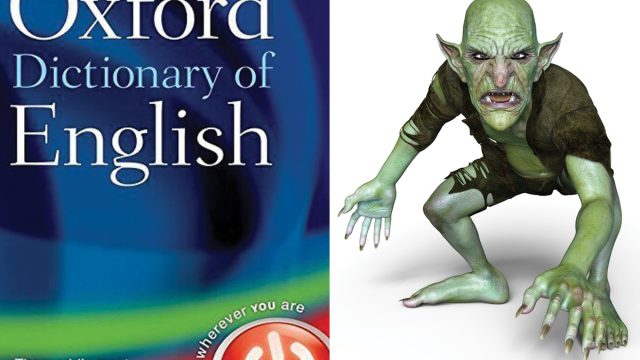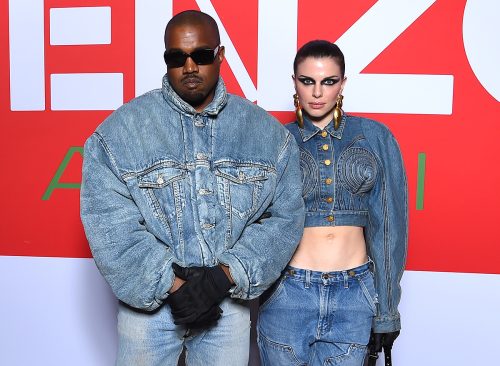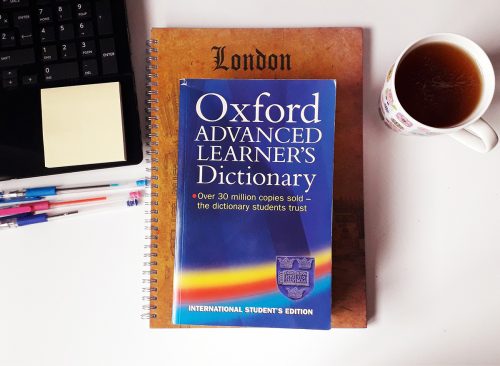“Goblin Mode” Voted Oxford Word of the Year. Can You Guess What it Means?
It’s “a reaction to the existing state of affairs.”

The people behind the Oxford dictionary have named their word of the year, and it’s a historic vote: The first chosen by the public. The winning word, “goblin mode,” was one of three finalists selected by Oxford. Thousands of people cast their votes, and “goblin mode” swamped the competition, ringing up 318,956 votes, or 93% of the total. Read on to discover why experts say goblin mode captures the zeitgeist and what its competition was for word of the year.

According to the Oxford English Dictionary, goblin mode is “a type of behavior which is unapologetically self-indulgent, lazy, slovenly, or greedy, typically in a way that rejects social norms or expectations.” You might say, “I’m in goblin mode,” or “he’s going goblin mode.” The term started appearing online in 2009. It went viral earlier this year after a fake headline circulated about actress/model Julia Fox’s breakup with Kanye West. The headline read, “Julia Fox opens up about her ‘difficult’ relationship with Kanye West: ‘He didn’t like it when I went Goblin mode.'” Fox later said she never made that statement. But the expression took off.

This is the first time the word of the year has been chosen by the public. Organizers described the polling as “more divided than ever.” “We were hoping the public would enjoy being brought into the process, but this level of engagement with the campaign caught us totally by surprise,” said Casper Grathwohl, president of Oxford Languages. “The strength of the response highlights how important our vocabulary is to understanding who we are and processing what’s happening to the world around us.”
He added: “Given the year we’ve just experienced, ‘goblin mode’ resonates with all of us who are feeling a little overwhelmed at this point. It’s a relief to acknowledge that we’re not always the idealized, curated selves that we’re encouraged to present on our Instagram and TikTok feeds.”

“It seems in some ways quite a frivolous choice, but actually, the more you dig into it, the more you realize it is actually a kind of reaction to the existing state of affairs,” linguistics expert Susie Dent told BBC News. “We’re sort of retreating and no longer want our life to be curated by filters.” This year’s runner-up was metaverse with 14,484 votes, followed by #IStandWith with 8,639 votes. Last year’s word of the year was vax, and the runner-up was NFT.

Oxford’s experts said the contest was appropriate in a year of tumult involving climate change, politics, and reproductive rights. The point of the word of the year, they added, is to reflect “the ethos, mood, or preoccupations” of the past 12 months. “After a year like this, with so much change, it felt wrong to keep the same old approach to our word of the year,” said Katherine Martin, product director at Oxford Languages and member of the New Words team.

Other dictionary companies crown a word of the year, and this year brought a range of victors. Merriam-Webster chose “gaslighting,” “the act or practice of grossly misleading someone especially for one’s own advantage.” U.K.-based Collins Dictionary picked “permacrisis,” which is defined as “an extended period of instability and insecurity.” The company said it “sums up quite succinctly just how truly awful 2022 has been for so many people.”














